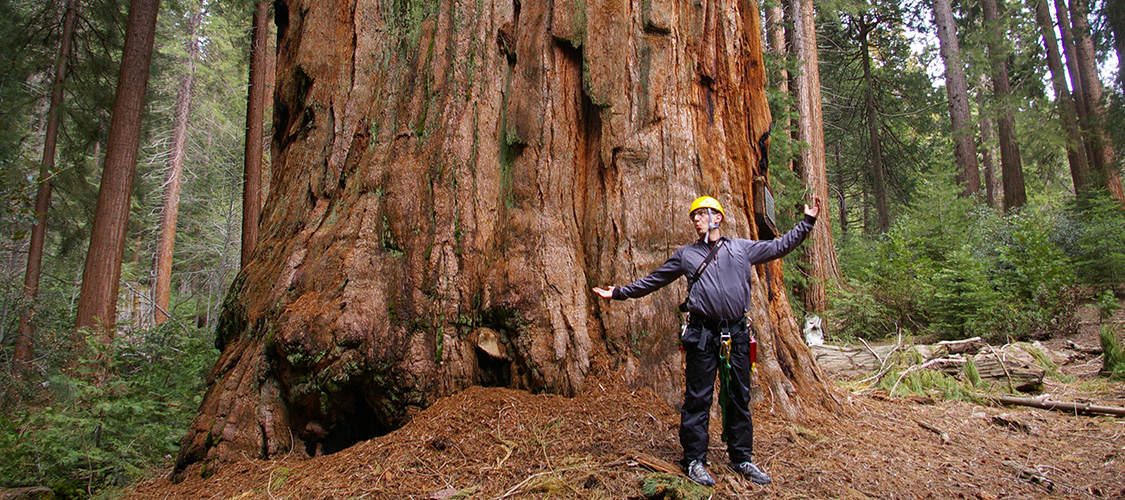Cornell Tree Climbing's Mission
Cornell Tree Climbing promotes safe and environmentally responsible tree climbing techniques for recreation, education, and research through active learning and collaboration.
- Education: Participants in CTC courses are actively engaged in their learning experience. We challenge our students to think analytically, to use concepts they learn to solve new problems and to enhance their assessment skills. A key measure of our success is the independence of our participants.
- Collaboration: We seek to collaborate with other programs both within and beyond the university, to further our goals in a larger setting, and to assist others in their efforts to promote environmental health, education and discovery.
- Excellence: We strive for mastery of craft in all aspects of our work from technical expertise and instruction to the facilitation of life-changing experiences.
- Responsibility: For CTC, environmental responsibility is a heart-felt moral value, as is our commitment to the participant‘s safety and security.
- Health and Wellness: We strive to create a fun, lighthearted, and inclusive environment to enhance learning, productivity, and morale.
Our History
Founded in 1972, Cornell Outdoor Education is one of the largest college-based outdoor programs in the country, providing over 130 physical education courses in a wide range of disciplines, freshman wilderness orientation trips, and teamwork training on our ropes course - approximately 30,000 program days annually. However, the 22 climbing courses COE offers on our indoor wall made the climbing program staff members feel like we should more appropriately be called, "CIE". We found it hard to advance our environmental stewardship mission while climbing on plastic holds next to the aerobics classes. This was a major reason the administration was amenable when David Katz first started advocating for a technical tree climbing class.
The prospects seemed good. Climbable trees are much more commonly available than climbable rocks in our area. Tree climbing is less weather dependent. Compared with the congested climbing scene at the closest crag, a placid tree climb more directly supports our environmental mission.
Although the team of instructors we put together for our first class had significant rope experience, we had a lot work to do before we could run a reasonable program. In particular we had the following questions to answer:
- Curriculum: Of the vast number of tree climbing techniques, which ones would be appropriate for a college level recreational tree climbing program?
- Risk Management: Can we find procedures and policies that can safely accommodate groups of 8 to 10 students?
- Gear: Can we create a tree climbing program using some of our rock climbing gear? What elements of tree climbing are best taught with tree specific gear? What is the cost of that investment?
- Impact: Can we offer climbing classes repeatedly in the same trees without damaging them?
With our best guesses at answers to these questions, COE ran its first tree climbing course. It filled it to capacity within the first day of PE registration. The first class was a huge endeavor — planning class progressions, developing institutionally appropriate tree climbing methods, and finding and preparing trees for students. By the end of the course the instructor team had spent about 60 hours outside of class just preparing for the course. That‘s quite a lot of work when you realize that the full course length was only 30 hours. In those days we discovered some of our answers to the above questions were great and some - not so great. But in the end, it was worth it. That semester saw huge advances in our rigging and teaching strategies. We now have a compendium of procedures and policies that are (relatively) safe and effective and a good idea in what order to present these skills.
Even so, there was some initial skepticism. Staff members said, "Is anyone really going to want to do this?" What we know now is that for one reason or other, people love being in trees. We have never offered a class which did not fill.

